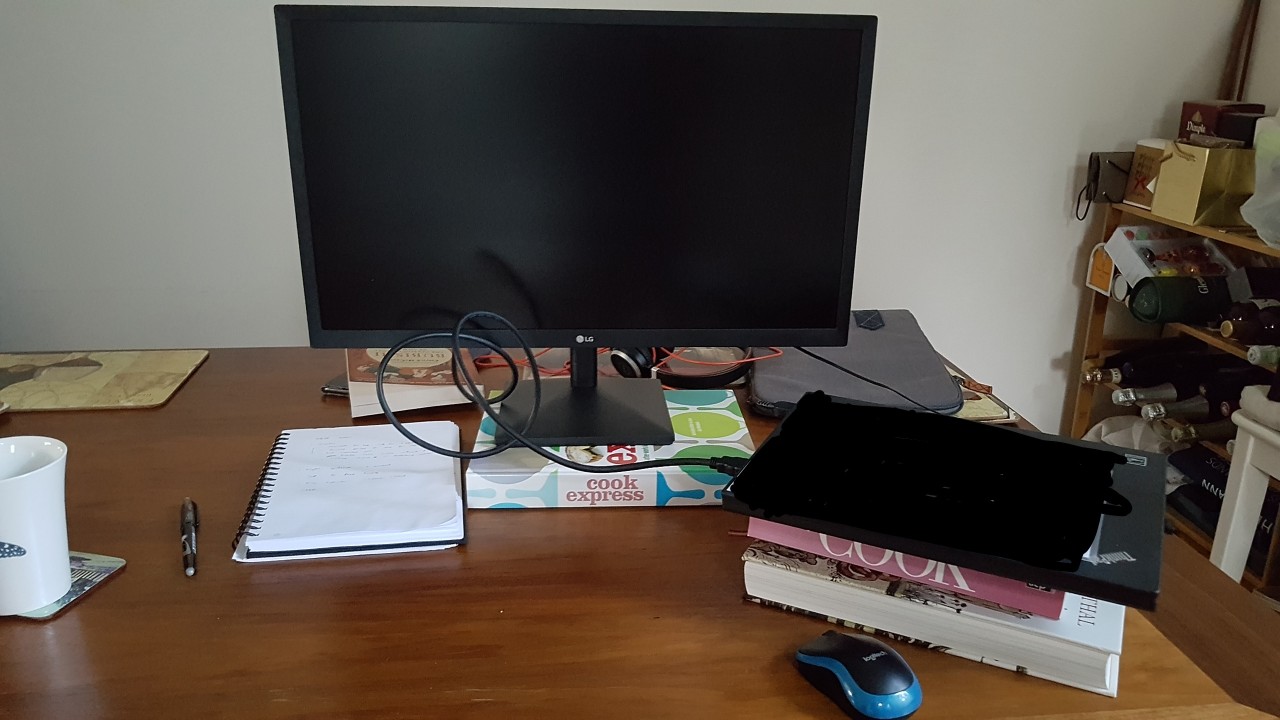
Working from home is not flexibility
As countries around the world start lifting Covid-19 restrictions (for now) the prospect of returning to work at the office is beginning to become a reality for many people. Amid the calls to make working from home the new norm, we wonder if we're confusing working from home with true flexibility.
Over the last week our news feed has been hit with articles and posts along the lines of:
"We've proven we can work from home, we must never go back to the way it was"
When we hear/read these headlines this is what comes to mind:
- Did we really need a pandemic and a global economic meltdown to prove we weren't totally bludging on our work from home days pre-Covid19?
- What if we've had a terrible work from home experience, would we still be pro work from home for ourselves and our team?
Working from home hasn't been everyone's utopia.
- People with kids at home have struggled
- People who live in small houses/apartments without the right set up struggled especially if other household members were working from home
- People with jobs that require large uploads/downloads of data have struggled
- People who find they've been working increased hours because there's no "hard stop"/physical separation between work and home or because it's less efficient have struggled
- People who simply enjoy the social interaction a work setting brings have struggled
Messages about maintaining your mental health are also becoming more frequent as people struggle to draw the line between work and non work time. For every "we can't go back to the way it was" post, is a post saying "your work from home employees are burning out".
In our view, successful working from home has 4 requirements:
- The work someone is being employed to do is being done in the same amount of time (or less) than it would take to do in the office
- The person has the physical and technological setup to ensure an efficient and safe (physiologically and from a data security perspective) working environment
- The person is included in the formal/informal communication networks required not just to get the job done but to stay socially connected and to grow their careers.
- Trust
The status quo was you needed to "earn" that right after a period of time. It wasn't gifted to you straight away. Even then it was often a begrudging "let's see if it works" (for the company).
Many companies are being lauded for allowing "work from home forever" or for their work from home practices in general as beacons of flexibility in the workplace.
But let's be clear:
Working from home is a symbol of flexibility but it is not true flexibility.
If we phrase it differently, which scenario would you prefer?
1. Working from home but your logged in time and mouse movements are tracked and your instant messenger availability must always be "available" during "core business hours"?
2. Being able to turn up and leave the office at whatever time suited you no questions asked as long as you attended the meetings you need to be at and got the work done?
Flexibility isn't being chained to our make shift home office a.k.a. dining table instead of our office desk. Flexibility is being able to get our work done at a place that suits us in the bursts of times that suit our differing non work commitments.
When we were setting up Tempecsal, one piece of advice that we were given was "charge per project/task don't charge a daily/hourly rate". If we charged a daily rate we could make a lot more money but in return we would lose a lot of flexibility. That's not good for us or our clients.
Anyone who has taken a part time job to facilitate family duties or passion projects understands that in the current employment paradigm flexibility is not free. Often they find they're doing more work in less time. This paradigm is something that should also be reconsidered as we emerge from the Covid-19 lock downs and is a topic that we will cover later in the "New Normal" series.
Where, when and (to an extent) for how long we work shouldn't matter. If someone prefers to work from a non office environment, great. If someone prefers to work from and office, great. If they want to do a combination of the two, great!
We don't want work from home per se. We want trust.
That trust leads to true flexibility.
About Tempecsal
Tempecsal Consulting specialises in helping in house Talent Acquisition teams select, design and implement the right solution for you. We want to help you "level up" your function, avoid the many headaches and mistakes from "not knowing what you don't know" and help prevent burn out within your team. We know first hand how hard it is to do implementation projects on top of BAU.
This post first appeared in our Knowledge Bank
Director at Talent Tech Solutions | Tech advisor | TA Operations as a Service (TAOpSaaS) | John Yu Fellow (Cultural diversity and Leadership) | Taekwondo Master
3yGeorgi Brown spotted this gem via Peter Cripps which backs up the main point very nicely https://amp-abc-net-au.cdn.ampproject.org/c/s/amp.abc.net.au/article/12258198
Attraction and Assessment in Technology | Managing Director | Board Member | IT Recruitment | Diversity Advocate
3ySpot on Z, trust = true flexibility